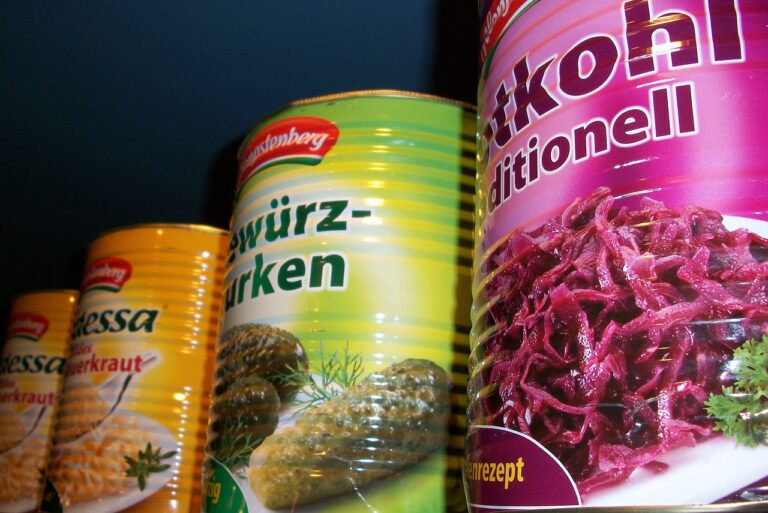Food Safety Culture: Building a Foundation for Preventive Measures in Food Production
Establishing a strong food safety culture in food production facilities is essential to protect both consumers and the reputation of the company. Without a robust culture of food safety, the risk of foodborne illnesses and contamination increases significantly, putting the health of consumers at risk and potentially leading to costly recalls and legal consequences for the company.
By instilling a culture of food safety within the organization, employees are better equipped to identify potential risks, adhere to proper hygiene protocols, and follow strict food handling practices. This proactive approach not only minimizes the likelihood of food contamination but also fosters a sense of responsibility and accountability among staff members, leading to overall improved quality control within the production process.
By establishing a strong food safety culture, companies can prevent costly recalls and legal consequences
Employees are better able to identify risks and follow proper hygiene protocols
Fosters a sense of responsibility and accountability among staff members
Leads to improved quality control within the production process
Key Elements of a Food Safety Culture for Preventive Measures
One essential element of a robust food safety culture within food production facilities is a strong emphasis on employee training and education. Ensuring that all staff members are well-versed in proper food handling, hygiene practices, and understanding potential risks can significantly reduce the likelihood of foodborne illness outbreaks. Regular training sessions, ongoing education initiatives, and clear communication channels for sharing important updates are crucial components in building a preventive mindset among employees.
In addition to training, the establishment of comprehensive food safety protocols and procedures is fundamental for preventing food contamination and ensuring the production of safe food products. Clear guidelines on sanitation practices, temperature control, cross-contamination prevention, and traceability measures should be implemented and strictly followed by all staff members. Regular audits, inspections, and evaluations can help monitor compliance with these protocols, identify potential gaps, and continuously improve preventive measures to uphold the highest standards of food safety within the facility.
The Role of Management in Promoting a Culture of Food Safety
Management plays a crucial role in promoting a culture of food safety within food production facilities. By setting clear expectations, providing adequate resources, and leading by example, management can create a work environment where food safety is prioritized at all times. Management’s commitment to food safety sends a powerful message to employees, reinforcing the importance of following protocols and procedures to ensure the production of safe and high-quality food products.
Effective communication is another key aspect of management’s role in promoting a culture of food safety. Managers should regularly communicate with employees about food safety policies, procedures, and any updates or changes that may impact their work. Open lines of communication help to ensure that everyone is on the same page and understands the importance of their role in maintaining a safe food production environment.
Why is it important to establish a strong food safety culture in food production facilities?
Establishing a strong food safety culture is crucial in ensuring the safety and quality of food products. It helps prevent foodborne illnesses, protects consumer health, and maintains the reputation of the company.
What are the key elements of a food safety culture for preventive measures?
Some key elements include clear communication of food safety policies, regular training for employees on safe food handling practices, implementation of proper hygiene and sanitation procedures, and a commitment to continuous improvement.
What is the role of management in promoting a culture of food safety?
Management plays a critical role in setting the tone for food safety within an organization. They should prioritize food safety, provide the necessary resources and support for implementation, and lead by example in adhering to food safety protocols.







